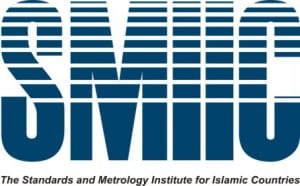COTABATO CITY – The country’s Muslim clerics and food experts said they
were not yet prepared to adopt a ruling on whether or not to declare as
“halal,” which means permissible or lawful, experimental animal cloning.
The
Muslim Mindanao Halal Certifying Board Inc. (MMHCBI), which is composed
of muftis (guardians of the House of Opinion) from the country’s six
Muslim-populated provinces, and food scientists and technologists, said
it was still reviewing a “fatwa” (opinion) rendered by the Islamic Fiq
Academy of Pakistan.
MMHCBI has admitted receiving a copy of the
ruling on animal cloning, which was translated to English from the Urdu
language by Khalid Baig, a Muslim scholar from Pakistan.
The
ruling, a copy of which was obtained by the Inquirer, said in part:
“Regarding the question of permissibility, the majority of the Academy
members after discussion reached the conclusion that cloning is
permissible in case of plants as well as in case of animals except
human beings.”
It added: “The extension of cloning to human
beings would create extremely complex and intractable social and moral
problems. Therefore cloning of human beings cannot be permitted.”
Ustadz
Esmael Ebrahim, MMHCBI spokesperson, said Islam does not allow the
controversial experimentation of human cloning because the Koran
(Muslim Holy Book) itself narrates the development of human embryo in
stages of “alaqa” (leech-like) and “mudqa” (chewed-like) in a “fixed
settlement” designated in terms of period or time and space.
But he said it could be different in the case of animals and they were trying to determine it.
Esmael
said MMHCBI representatives would meet with Northern Mindanao poultry
raisers in Cagayan de Oro City to discuss with them the procedures
governing the issuance of halal certification.
“The MMHCBI, the
Philippines’ halal certifying body based in the Autonomous Region in
Muslim Mindanao, will conduct a briefing on the religious and technical
aspects of producing halal foods with representatives of the Mindanao
Poultry Growers’ Association (which) is composed of Magnolia, Swift,
Bounty Fresh, Nestle Philippines and Del Monte Philippines,” he said.
Food
companies have long wanted to cash in on the halal market, which
government economists have estimated to be worth $150 billion per year.
The main markets for halal food are Middle East, Africa and Asian countries with sizeable Muslim populations.



